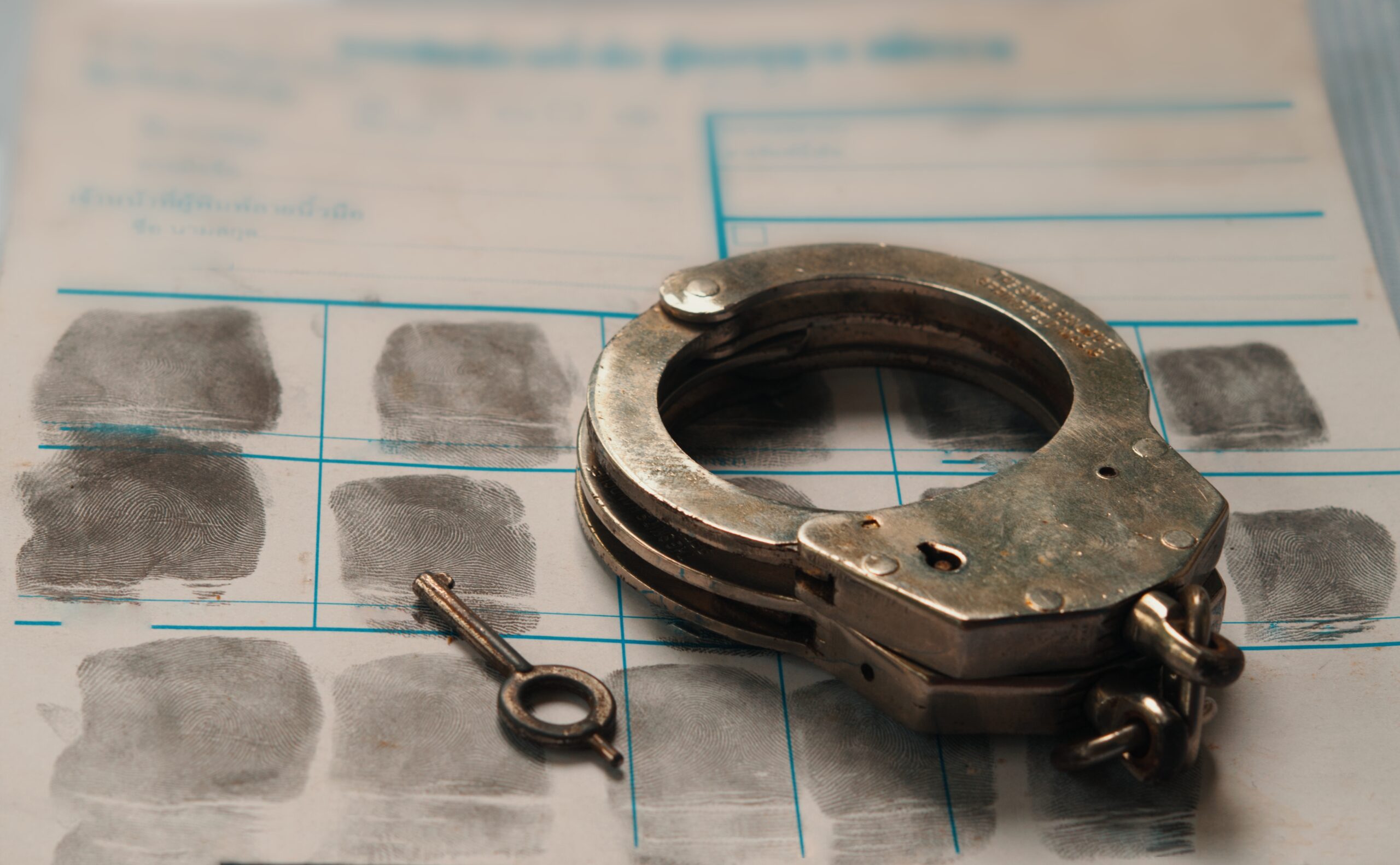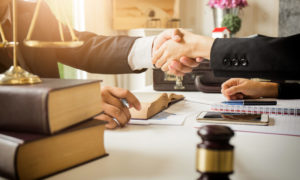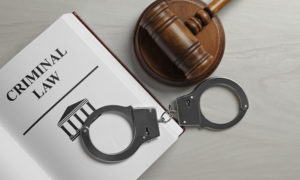When Your Freedom’s on the Line: Key Strategies in Criminal Defense

Facing criminal charges is one of the most stressful events anyone can endure. The stakes couldn’t be higher: your liberty, reputation, and future opportunities hang in the balance. A savvy criminal defense lawyer does much more than show up in court. They meticulously investigate, challenge every piece of evidence, and craft a narrative that raises reasonable doubt. Here, we’ll explore how a top‑flight defense is built—from day one through resolution—and what you can expect at each stage of the process.
The First 48 Hours: Securing Your Rights and Laying the Groundwork
The moment you’re arrested or even questioned, the clock starts ticking. Your attorney’s immediate goals are to prevent missteps by law enforcement, preserve evidence, and protect your constitutional rights.
Within the first two days, your lawyer will:
- Assert your Fifth Amendment right by advising you to remain silent until counsel is present.
- File a prompt “discovery” demand on the prosecutor, obtaining police reports, 911 recordings, body‑camera footage, and any lab analyses the state intends to use.
- Evaluate the legality of your arrest and search—for example, whether police had a valid warrant or probable cause, and whether any search exceeded its scope.
If evidence was gathered in violation of the Fourth Amendment’s protection against unreasonable searches and seizures, your attorney can file a motion to suppress that evidence—potentially crippling the prosecution’s case before it even begins.
Investigative Depth: From Crime‑Scene Diagrams to Expert Witnesses
A robust defense doesn’t rely on gut instinct alone; it’s built on hard analysis. Once discovery materials arrive, your lawyer will:
- Reconstruct the timeline. Using police logs, phone‑location data, surveillance video, and eyewitness statements, your attorney builds a minute‑by‑minute chronology. This often uncovers gaps or inconsistencies in the state’s version of events.
- Interview witnesses independently. Memories fade and stories shift. Your team locks in favorable accounts and flags contradictions by talking to neighbors, bystanders, and even prosecution witnesses early.
- Retain specialized experts.
- A forensic toxicologist to challenge blood‑alcohol testing procedures.
- A digital forensics analyst to review cell phone extraction methods.
- A ballistics expert to verify whether the firearm evidence truly matches the accused.
Experts don’t just bolster your narrative; they force the prosecution to justify every technical conclusion under cross‑examination.
Crafting the Narrative: Humanizing the Defendant
Juries decide cases based on stories they can believe. Your attorney weaves facts into a coherent narrative that:
- Emphasizes your character and background—school, work, family obligations—to show what’s at risk.
- Explains scientific or technical evidence in everyday language, so jurors understand why a breathalyzer reading might be unreliable or how an eyewitness could be mistaken.
- Highlights any gaps or weaknesses in police procedure, suggesting reasonable doubt rather than certainty.
Throughout voir dire (jury selection) and opening statements, your lawyer introduces this narrative in carefully calibrated pieces, so jurors view subsequent evidence through the lens of your positive, relatable story.
Plea Negotiations: When Settlement Makes Sense
Although many defendants envision a dramatic trial, over 90 percent of criminal cases are resolved by plea agreement. A strategic plea can reduce charges or sentencing exposure, sparing you the risk of a maximum penalty.
Your attorney will:
- Compare the strength of the state’s evidence against potential defenses.
- Gauge the prosecutor’s willingness to negotiate, based on local practice and the assigned prosecutor’s track record.
- Advise you on the trade‑offs: reducing a felony to a misdemeanor might mean avoiding prison at the cost of accepting some criminal record.
If a plea is in your best interest, an experienced lawyer will negotiate terms that minimize collateral consequences, such as avoiding mandatory registration requirements or preserving eligibility for expungement.
Going to Trial: Seizing the Chance for Acquittal
When the evidence against you is weak or the stakes demand fighting to the end, a trial becomes the right choice. A full trial strategy includes:
- Pre‑trial motions. Suppressing illegal evidence, dismissing charges for insufficient proof, or shifting the case to a more favorable venue.
- Jury selection tactics. Identifying biases, weeding out jurors predisposed to trust law enforcement unquestioningly, and seating those more open‑minded to defense themes.
- Cross‑examination mastery. Skilled defense lawyers disrupt witness credibility by highlighting inconsistencies, challenging recollection, and exposing motives to lie.
- Closing argument focus. Summarizing the gaps in the prosecution’s case, underscoring reasonable doubt, and reminding jurors of your human narrative.
Even if a conviction seems likely, these tactics can yield hung juries or convictions on lesser included offenses, substantially reducing penalties.
Post‑Conviction Options: Appeals and Alternative Remedies
A conviction isn’t always the end of the road. If serious legal errors occurred at trial, such as improperly admitted evidence, flawed jury instructions, or prosecutorial misconduct, your lawyer can:
- File a direct appeal to a higher court, challenging trial‑level mistakes.
- Pursue post‑conviction relief via habeas corpus petitions if new evidence emerges (for example, DNA proof of actual innocence).
- Seek alternative sanctions such as diversion, drug court, or community supervision in lieu of incarceration.
Timing is critical: many post‑conviction deadlines run within 30 days of sentencing.
Frequently Asked Questions about Criminal Defense
How soon should I hire a lawyer after an arrest?
As soon as possible. Early involvement prevents missteps, such as unwittingly waiving rights or missing suppression deadlines, and preserves evidence.
Can my attorney really get evidence thrown out?
Yes. If police violated constitutional protections, a judge may suppress that evidence, forcing the prosecution to drop charges or weaken its case dramatically.
What are the risks of going to trial versus taking a plea?
Trial offers the chance for full acquittal but carries the risk of maximum sentencing. Pleas provide certainty and often reduced penalties, but require admitting guilt.
How much does a criminal defense lawyer cost?
Fees vary widely by region and case complexity. Flat fees for misdemeanors can range from $2,000 to $10,000; felonies often incur a higher retainer plus hourly rates.
What happens if new evidence surfaces after a conviction?
You may have grounds for post‑conviction relief or a habeas petition, but strict deadlines apply. Consult counsel immediately.
Hiring a Top Criminal Defense Attorney Matters
Every detail matters when freedom, family, and future prospects are on the line. A top criminal defense attorney orchestrates investigation, expert analysis, and courtroom advocacy to create doubt where the prosecution seeks certainty.
If you or a loved one faces criminal charges, don’t navigate this journey alone: secure experienced counsel immediately to safeguard your rights and build the strongest possible defense.




















